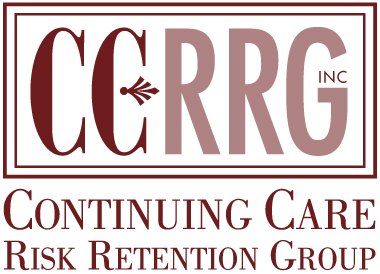FOUR THINGS A LONG-TERM-CARE FACILITY SHOULD NEVER DO IF NAMED IN A CLAIM
If your long-term care facility is named in a claim, or you have reason to believe that it will happen, there are four things you absolutely must not do. You may want to respond right away in order to ensure a victory, but these actions are not only against the rules of civil procedure, but they can also do a lot of damage to your side and result in the loss of a claim or increase in value of the claim.
Avoid contacting the resident, their family members or their attorney.
Once a matter has gotten to this stage, it should be your insurance company's legal representative who engages the other side. Malpractice allegations have high stakes, and trying to reach out may create further complications in terms of the scope of your evidence. Even a seemingly innocuous comment could be misconstrued and land your side in hot water. If you have concerns or comments you think are important be sure to tell your Defense Counsel and/or your Insurance Company.
Do not alter resident records in any way. Ever.
You may see an error in the record in hindsight or believe that a simple alteration will help your defense. It won't. Not only is tampering with documentary or any other form of evidence against the rules of civil procedure, but it will also be a black mark against you. It may destroy your credibility and make you look guilty of what the patient is alleging. Even worse, the other side may seek punitive damages (or up the amount of punitive damages they are asking for) against you. If there is a error in the record and your normal practice is to make a late entry be sure it is so identified. If entering a correction is not your normal practice, don’t do it.
Do not release any medical/patient records or practice information to anyone before first consulting your insurance company or your attorney.
There may be information that is not legally relevant to the matter, breaches privacy law and must be vetted, or needs to be flagged. All relevant documents will be exchanged by both sides during the discovery process. However, the insurance company or attorney may want to delay the timing of the disclosure of certain information in order to conduct further investigation, clarification, or crisis/information management before handing it over.
Copy of the records should only be specific to the exact records requested per appropriately executed HIPPA approved release. A tip is to keep an exact copy of the medical records released and seal the copy with date and who released copy of the medical records and to whom the records were released to.
Make sure that response to request for copy of medical records and in compliance with your facilities Medical Records Policy and Procedure Manual.
Only speak about the claim with your insurance company claim representatives and/or your attorney.
It can be extremely difficult not to talk to anyone, even your close friends or family members, about this serious, stressful event you are undergoing, and people may naturally ask questions. Do not give out ANY information about the claim, negotiations, or share your opinion about the facts of the case. Doing so makes it fair game for the other side to call your confidant as a witness against you. Be sure to discuss concerns or ask questions of you Defense Counsel and/or carrier.
If you have questions about responding to a Medical Records request please feel free to contact Director of Claims at Magnolia LTC Phone (707) 571 7430.






